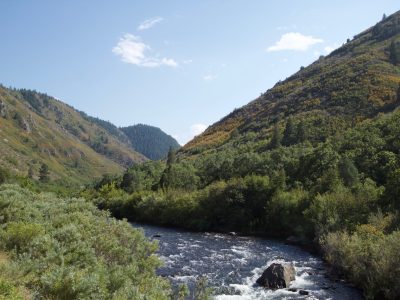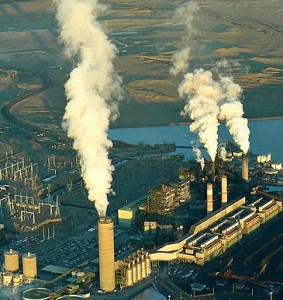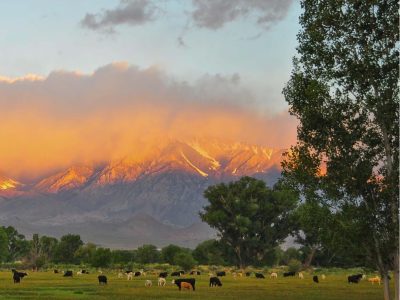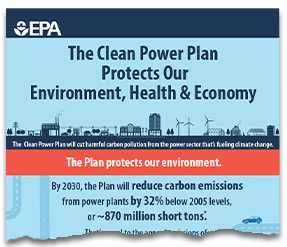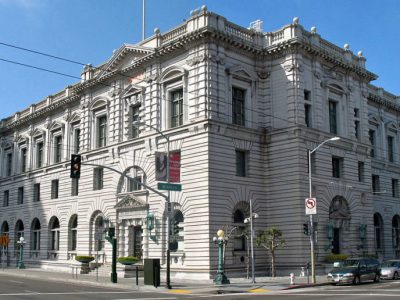The Renaissance of Energy Law
An esoteric field of law has become exciting and important.
Energy law used to be an obscure niche subject. It was devoted to subjects like oil and gas leases, the proper inflation adjustments in utility rates, and depreciation schedules for power plants. Utilities were famously set in their ways, using nineteenth century technologies to produce and deliver their products. Only specialists really paid much attention. All that has changed dramatically. Energy law is a hot topic. Law students are thronging to the field, seeing a...
CONTINUE READINGLosing Justice Hobbs, Western Water Expert and Valued Mentor
When former Colorado Supreme Court Justice Gregory J. Hobbs passed away recently, just weeks shy of his 77th birthday, he left a gaping hole in the hearts of many. Not just family and close friends. But people across the Colorado legal community, the broader Western water community, and a far-flung network that includes Berkeley Law staff, faculty, and alumni. Long-term connections with Berkeley Law Justice Hobbs’ connections with Berkeley Law run deep. He go...
CONTINUE READINGArguments over Solar Geoengineering Research
Science Magazine weighs in
Doing research on environmental issues or responses is usually an easy call for policy-makers and gets wide political support, even if there’s disagreement what to do about the issue. But there is now one big exception: research on solar geoengineering (SG). SG would cool the Earth, temporarily and imperfectly offsetting some of the climate effects of elevated greenhouse gases, by reflecting a bit (around 0.5% to 1%) of incoming sunlight. The way to do this that now ...
CONTINUE READINGCornhuskers Go Green
Nebraska has become the first solid Red state to adopt climate targets
Last week, Nebraska became the first state under complete Republican control to adopt a 2050 goal of net-zero emissions from the grid. No Democratic presidential candidate has carried the state in almost fifty years (and the last previous time was before World War II). Republicans have controlled the state legislature and governor’s mansion since this century began. You really can’t get more Republican than that. But Nebraska has a unique approach to supplying electr...
CONTINUE READINGWhat Should EPA Do After Repealing the Clean Power Plan?
The CPP has been overtaken by events, but EPA does have some options.
My last post argued that EPA should immediately repeal the Obama Administration’s Clean Power Plan. The Plan was Obama’s signature climate policy. It attempted to move away from fossil fuels and toward zero-carbon sources like solar power to supply electricity. The Plan has been overtaken by later events, and it seems clear that the Supreme Court is determined to kill it off. Here are the options going forward for regulating existing power plants. Switch to anot...
CONTINUE READINGThe Latest Chapter in Los Angeles’ Century-Long Water War With the Eastern Sierra’s People & Environment
LADWP's Unilateral Revocation of Water Allocation to Mono County's Farmers & Ranchers Triggers County's CEQA Challenge
There LADWP goes again. Recently the Los Angeles Department of Water and Power announced it was walking away from its longstanding obligation to provide Mono County residents and the environment with a tiny fraction of the water it transports from Mono County to LADWP’s urban customers in Los Angeles. When efforts by county officials to resolve the dispute informally with LADWP failed, the County sued, arguing that LADWP’s unilateral action violates Californ...
CONTINUE READINGGuest Contributor Sharaban Tahura Zaman: COP26 outcome on Carbon Markets: Takeaways for the Global South
Where is the Global South heading with carbon market mechanisms in the coming decade?
As a government delegate, I have been involved in the UN climate negotiation process since 2017 to uphold Bangladesh's and the Least Developed Countries (LDC) Group’s position. After an unsuccessful COP in Madrid (2019), as a Bangladeshi citizen (a country often referred to as "ground zero" for its climate vulnerability) I had to wait another two years to renegotiate issues that were blocked and left unresolved at COP25. At COP26, I had to deal with the risk of glo...
CONTINUE READINGIt’s Time to Repeal the Clean Power Plan
The CPP no longer serves any useful purpose, and keeping it on the books invites mischief by the Supreme Court.
The Clean Power Plan (CPP) was the Obama Administration’s signature climate effort. This 2015 regulation aimed to move state power grids away from coal and toward renewable energy. It immediately became ensnared in litigation and never went into effect. It’s now considered irrelevant for all practical purposes. Yet the Supreme Court is now set to address numerous challenges to this zombie regulation. It’s time to put the CPP to rest. When fully implemented, the ...
CONTINUE READINGWhat today’s students think about climate change
Voices from a climate law classroom
Teaching provides a chance to see important issues anew, through our students’ eyes. So for my last Climate Law and Policy class at UCLA Law this semester, I once again asked my students to tell me what they are thinking about the future of climate policy in light of today’s global circumstances, keeping in mind lessons we’ve learned through the semester. In case you're curious how a group of tomorrow's leaders are thinking about these challenges, here are s...
CONTINUE READINGDebating Environmental Racism in the Ninth Circuit
A recent case occasioned a sharp exchange about accusation of environmental racism.
Center for Community Action and Environmental Justice v. FAA is a Ninth Circuit opinion decided before the Thanksgiving break. It involved to a legal challenge to the FAA’s refusal to prepare a full-scale environmental impact statement before approving a major Amazon distribution center at the San Bernardino airport. I probably wouldn’t have read the decision if my colleague Bob Infelise hadn’t brought the dissent to my attention because of its focus on environme...
CONTINUE READING




